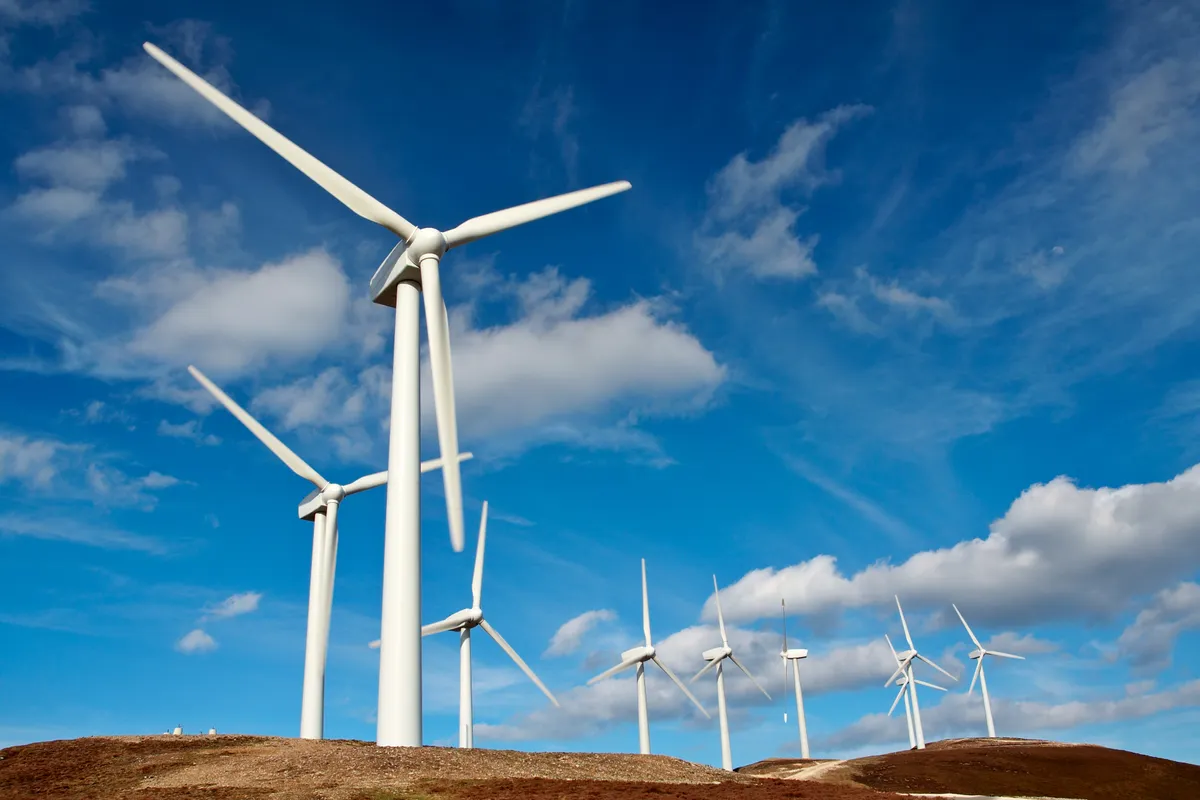1
A cocktail of plant extracts may help to take the sting out of a hangover
As anyone who has gotten carried away on the fizzy lagers can attest hangovers are no fun: headaches, nausea, and fatigue can all last well into the morning after. But now help may be on the way in the form of a combination of plant extracts developed by a team at Johannes Guttenberg University inGermany.
The team took 214 healthy 18 to 65-year-olds, randomly split them into three groups and gave them each a water-soluble supplement 45 minutes before, and immediately after they stopped drinking any of beer, white wine, or white wine spritzer.

The first group were given a supplement containing the plant extracts from Barbados cherry, prickly pear, ginkgo biloba, willow and ginger root, vitamins and minerals, and additional antioxidant compounds; steviol glycosides and inulin.
The second group were given a supplement minus the plant extracts, while the third group were given glucose alone to act as a placebo.
Those taking the plant extracts reported headache intensity that was 34 per cent lower, nausea that was 42 per cent lower, and feelings of indifference and restlessness by 27 per cent and 41 per cent lower respectively.
Polyphenol and flavonoid compounds in each of the five plant extracts have been associated with curbing the physiological impact of alcohol in previously published experimental studies, explain the researchers. But it's not clear how.
2
Beetle may hold the key to relieving millions of hay fever sufferers
The leaf beetle Ophraella communa can significantly reduce pollen from common ragweed, which causes a range of symptoms from sneezing to itchy eyes and aggravates conditions such as asthma and eczema, a study by the Centre for Agriculture and Bioscience International (CABI) has found.
Prior to the accidental arrival of the leaf beetle in 2013, 13.5 million people suffered from ragweed-induced allergies in Europe. Studies carried out in Italy have proved that the leaf beetle can reduce ragweed pollen by up to 80 per cent.

In the Milan area, where the beetle was first detected, nearly all ragweed plants were attacked and the damage caused was enough to prevent flowering, which causes pollen to be released.
“Our study provides evidence that the impacts of common ragweed on human health and the economy are so far highly underestimated, but that biological control byOphraella communa might mitigate these impacts in parts of Europe,” Dr Urs Schaffner.
“We propose that future assessments of the economic impacts of Invasive Alien Species (IAS) should more thoroughly consider costs related to human health.”
3
UK hits new record for coal-free power generation
The National Grid has set a new record for generating electricity without the use of coal. It broke the previous record of 18 days on 28 April – the longest uninterrupted period of coal-free electricity generation since 1882.
The closure of the UK’s schools, shops, and factories due to the coronavirus lockdown appears to have made a significant contribution, but coal power has been on the decline for some time. Last year it accounted for just 2.1 per cent of the UK’s total power output and plans are in place to phase it out completely by 2025.

“Today’s record coal-free run is another remarkable milestone in the decline of coal power in the UK, and it won’t be the last. But underneath the latest record lies a bigger story, that the operation of national energy systems with dwindling supplies from fossil fuels is rapidly becoming the norm,” Dr Jonathan Marshall, Head of Analysis at the Energy and Climate Intelligence Unit (ECIU) said.
“No longer are there questions around the ability of grid operators to keep the system going; instead, attention is turning to rapidly learning as much as possible from conditions where low-carbon power dominates.”
Read last weeks' feel-good Friday news: